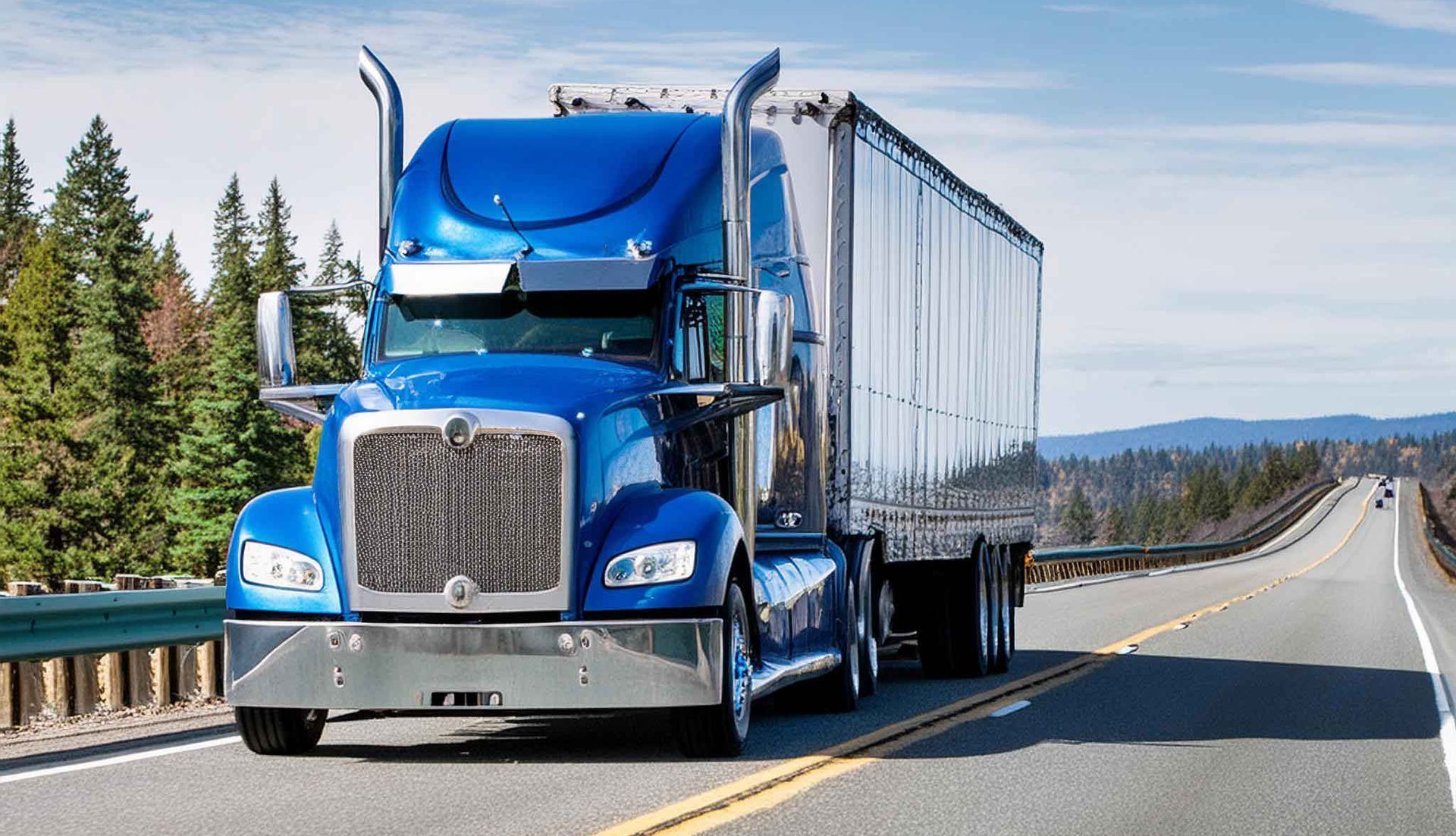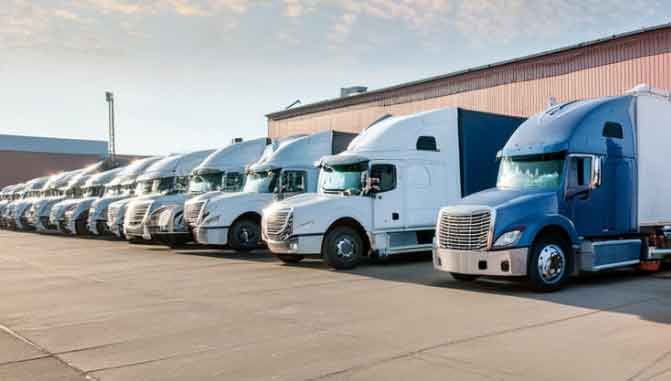Difference Between Spot Vs Contract Truckload
Contract Truckload Rates
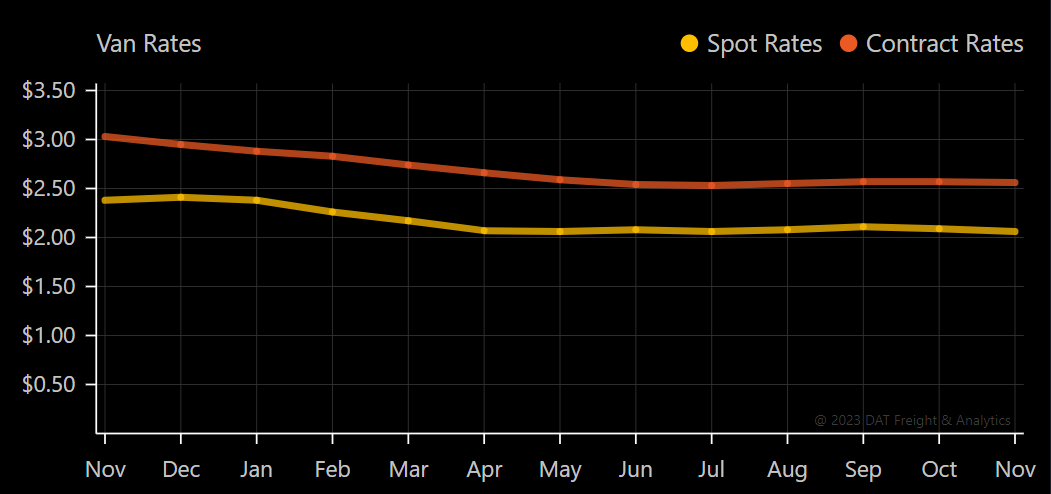
Truck Load Contracts
The main difference between spot truckload and contract truckload freight is the type of agreement between the shipper and the carrier. In spot truckload freight, the shipper typically contacts a carrier on a one-time basis to move a specific shipment. This is often done through a transportation broker or logistics solutions provider (LSP) that utilizes a load board. Translogistics utilizes multiple load boards, and are preferred favorite is the DAT. It is important to properly vet carriers and ensure they have their operating authority regardless of the lane being frequent and contracted vs a one-off in the spot market.
Contract truckload freight involves a longer-term agreement between the shipper and the sourced carrier. The carrier agrees to provide trucking services for the shipper on an ongoing basis, typically for a negotiated rate. Spot truckload freight is often more flexible and can be arranged quickly to meet urgent shipping needs. However, it can also be more expensive and unpredictable, as carriers can charge premium rates for last-minute shipments.
Contract truckload freight offers more stability and predictability for the shipper. The negotiated rate is typically lower than spot rates, and the shipper has the assurance of regular trucking services from a trusted carrier. Another key difference between the two types of truckload freight is the type of cargo that can be shipped. Spot truckload freight is often used for less-than-truckload (LTL) shipments, which are smaller and less complex. In contrast, contract truckload freight is typically used for full truckload (FTL) shipments, which are larger and require more specialized equipment. FTL shipments are usually delivered directly to the final destination, without being transferred to multiple carriers or sorting facilities.
Another factor to consider is the level of service provided by the carrier. In spot truckload freight, the carrier may not have any obligation to provide additional services such as tracking, insurance, or handling of hazardous materials. In contract truckload freight, the carrier is typically required to provide a higher level of service, including tracking, insurance, and handling of specialized cargo. This can give the shipper more peace of mind and protection for their shipment.
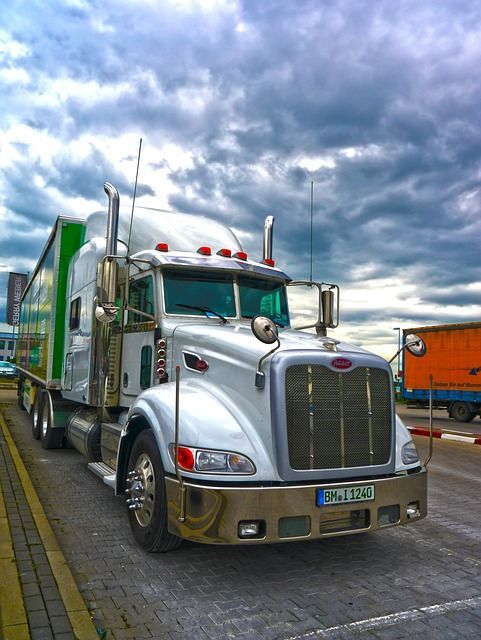
Spot Truckload Freight
Spot truckload freight refers to the movement of full truckload shipments on a "spot" or on-demand basis. This means that the truckload shipment is not part of a long-term contract or agreement, but is instead arranged on a one-time basis as needed. This type of freight transportation is often used when companies need to quickly move a large amount of goods and don't have the time or resources to secure a long-term contract with a trucking company. Spot truckload freight can be an effective way to get goods to their destination quickly and efficiently, but it can also be more expensive than other forms of truckload shipping.
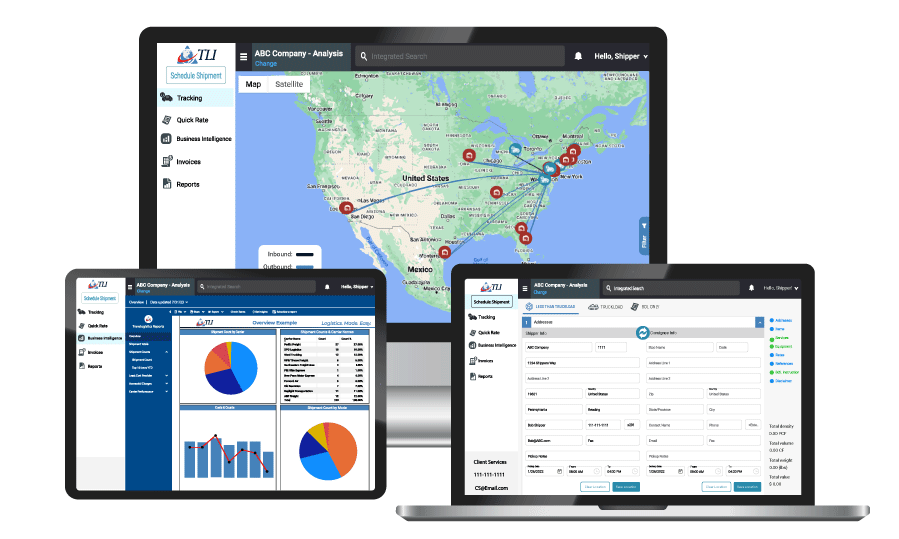
Contract Truckload Freight
A contract truckload shipment is a transportation arrangement in which a shipper contracts with a trucking company to transport goods on a truck that is dedicated exclusively to that shipper. This type of arrangement is different from less-than-truckload (LTL) shipping, in which multiple shippers share space on a single truck. Contract truckload shipments are typically used for large, time-sensitive shipments that require dedicated transportation. The terms of the contract, including the rate and the length of the agreement, are negotiated between the shipper and the logistics solutions provider (LSP).
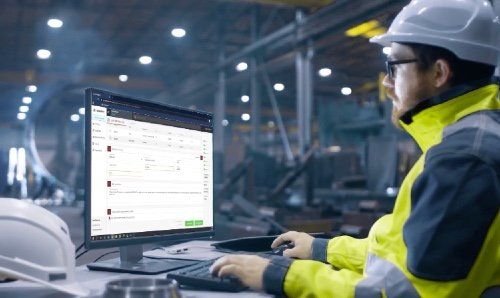
Truck Load Contracts
Crafting efficient truckload contracts requires a strategic approach. At Translogistics (TLI), we've honed a three-step strategy that ensures optimal contract effectiveness, fostering seamless operations and cost efficiency for shippers.
Step 1: Launching Carrier Sourcing RFPs with TLI
Effective truckload contracts begin with the right carrier partnerships. TLI spearheads the process by initiating Carrier Sourcing RFPs. Through meticulous analytics, negotiation and leveraging of our extensive network, we secure competitive rates while ensuring alignment with your specific transportation requirements.

Step 2: Comprehensive Contracting for Bill Auditing Precision
The strength of effective contract auditing lies in thoroughness. To streamline freight bill audits against contracts, it's crucial to have every aspect contracted. TLI emphasizes the importance of comprehensive contracts, covering all facets of transportation services, to meticulously audit every bill against the agreed-upon terms.

Step 3: Leveraging TMS Integration for Supply Chain Analytics
A robust Transportation Management System (TMS) is the backbone of effective logistics. TLI advocates for leveraging TMS capabilities and encourages integration with tools like Microsoft PowerBI or ERP systems. This integration isn't just about connectivity; it's about harnessing the power of data to provide insightful supply chain analytics. By integrating these systems, shippers gain a comprehensive view of their logistics operations, empowering data-driven decision-making and enhancing overall efficiency.
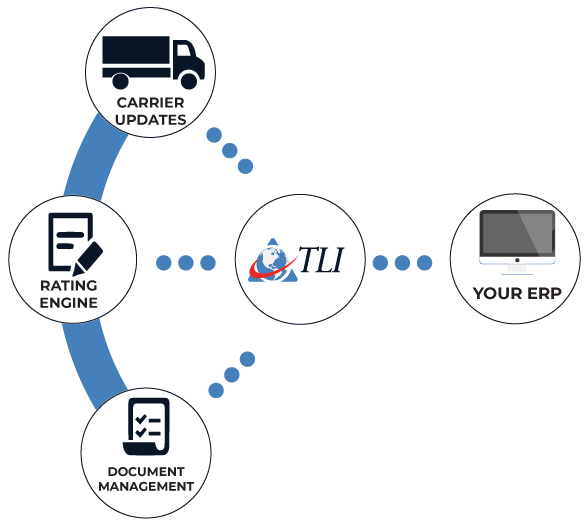
Historical data serves as the cornerstone for crafting optimal truckload contracts. At TLI, when entrusted with negotiating these contracts on behalf of shippers, having access to comprehensive historical data is pivotal. This data allows us to construct a detailed shipper profile, delving into past shipment volumes, frequency, and specific needs. Armed with this detailed insight, we can strategize effectively, leveraging your unique shipping patterns to secure the most favorable pricing and terms possible. By providing historical data, shippers enable us to tailor contracts that precisely align with their operational nuances, ultimately driving cost savings and operational efficiency. Partner with TLI and let us transform your historical shipping data into a strategic advantage in negotiating your truckload contracts.
Conclusion
Navigating effective truckload contracts is a strategic endeavor—one that TLI excels in. Our three-step approach ensures precision, transparency, and efficiency in every contract, empowering shippers to optimize their logistics operations and drive success. Partner with TLI to master the art of effective truckload contracts and unlock the full potential of your logistics strategy.
Overall, the choice between spot truckload and contract truckload freight will depend on the specific needs of the shipper and the nature of the shipment. Spot truckload freight can be a good option for urgent or one-time shipments, while contract truckload freight can offer more stability and predictability for regular shipping needs.
TLI offers solutions and technology for both spot & contract truckload as it is not uncommon for a shipper needing to tap into both markets for carrier sourcing.
TLI Insights
Get the latest logistics insights and tips from TLI's award-winning team. Stay ahead in transportation planning.
Questions? Email us at marketing@shiptli.com

